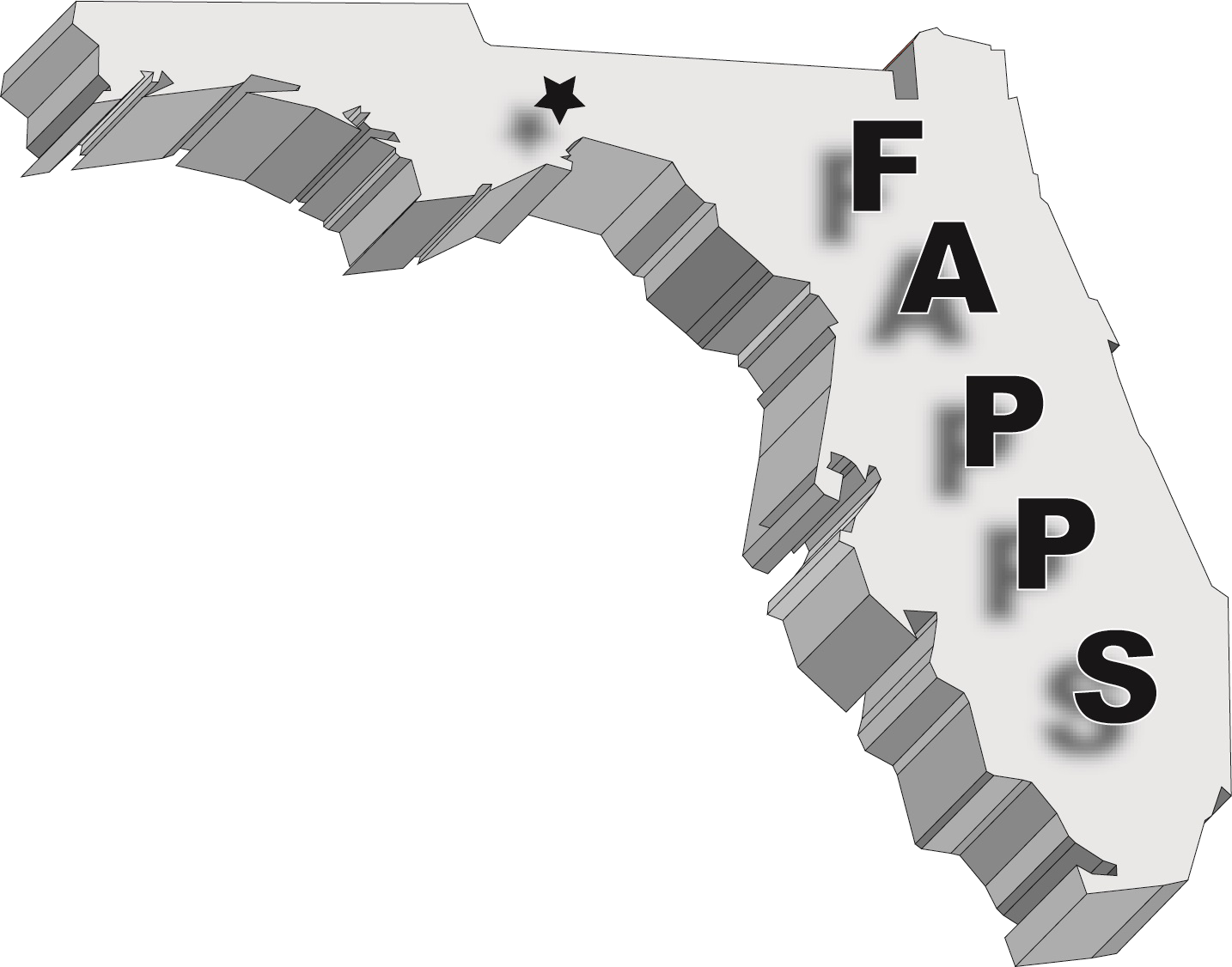New York Evictions 2022
The ending of the Covid Moratorium on Eviction means the legal process for evictions has started again for thousands of New Yorkers.
With the Courts leaning toward protecting the tenants, the eviction process has become much more complex.
Due to mismanagement or improper service many cases have been delayed or thrown out. The reasons for these issues are explained by the shifting legal landscape and the attitude of the times.
The Digital Transformation of the Court System
The COVID-19 pandemic essentially brought the Court system to a stop. Physical presence at courts were suspended and are still restricted in many cases. Technology, digitization, and AI tools became the only way forward. In the new normal, many courts are relying on virtual hearings and e-filing.
The Not Unified Court System
Each county, town or city has their own procedure and their own rules regarding the eviction process. It is important that these rules are followed to move your case forward. Different locals are using different technology and methods to initiate and file cases. The courts have been restricting or allowing entry to their court, with some courts requesting appointments to visit as conditions change to protect their local communities. This causes the availability of access to the courts to constantly change.
New Rights for Tenants
In response to the housing crisis state and city legislators effectuated new rules governing eviction. These rules went into effect in 2019, before the pandemic. They strengthened the protection for tenants, increased the time to respond to termination notices and added notices to the tenant looking for legal advice.
Keeping up with and navigating through these evolving changes has become convoluted.
aSubpoena Service, LLC stays in front of these issues to make this less stressful for our clients.
Our professional team is up to date on legal technology to get your cases served and filed.
Our reliable field staff are in communication with the local courts, in the jurisdictions that we serve, and keep us abreast of the changes within the courts as they evolve.
Our knowledgeable team is cognizant of landlord tenant law and fully informed in how to apply the rules and best practices to complete and uphold your service of process.
Let aSubpoena serve your eviction cases in Westchester, Rockland, Putnam, and Orange counties.
EVICTION FAQS
How does a landlord evict a tenant in New York State?
A landlord can evict a tenant for any number of reasons. However, before the eviction can occur the landlord must first give notice.
This starts with the landlord serving the tenant a written Notice, as required by state law.
If the tenant does not comply with the notice the landlord can then file an eviction lawsuit with the court: generally, a Notice of Petition and Petition.
What are the common causes of and types of Evictions?
There are two basic types of eviction proceedings.
Non-payment Procedure:
A Non-Payment case is brought when the landlord is seeking to evict the tenant based on the tenant’s failure to pay rent.
Holdover Procedure:
A holdover case is a proceeding to evict a tenant on any grounds other than the nonpayment of rent.
How do you start a Non-payment Proceeding?
A Nonpayment eviction is started when the tenant is late with his rent and starts with a Written Rent demand or notice.
According to new state law, the Landlord/Owner/Attorney must send a notice by certified mail stating that the rent is overdue when it is at least 5 days past the due date.
The 14-Day Notice essentially demands that the tenant pay all the back rent in full within 14 days or move out. It lets the tenant know that if he/she does not pay you will evict him. This notice is served on the tenant.
What is a Holdover Proceeding?
A Holdover case is brought to evict a tenant or a person in the residence who is not a tenant for reasons other than simple nonpayment of rent.
Some examples would be in an instance where:
- A tenant has violated one of the terms of the written lease; behaves illegally, is subletting illegally or is a nuisance.
- A tenant’s lease has expired or been terminated, but the tenants refuse to leave.
- A person “licensee” who was never a rent paying tenant i.e., a family member who has overstayed his welcome, or a squatter” who never had permission to be at the residence.
How do you start a Holdover Eviction?
To start the Holdover proceeding the landlord must first serve a tenant with written notice that his/her actions are in violation of the lease and provide the tenant with time to cure.
Generally, the Notices in a Holdover that gets served are either:
Notice to Cure: This notice will give the tenant a set time to rectify the situation.
Notice to vacate: This notice must contain a date by which the tenant must vacate.
It’s important to note that the type and length of the notice depends on many factors. It can range from several days to 90 days depending on the circumstance.
What does service of the Notice mean?
The initiating Notices in a Landlord tenant case must be delivered to the tenant by a person not related to the case or a professional process server.
It is better to use a professional process server like aSubpoena because we know the rules that apply to landlord tenant cases, and the best practices to use to ensure that the service of these documents can be upheld in court.
What happens if the tenant ignores the Initial Notices?
If the tenant fails to vacate or fails to cure after the expiration of the notice the landlord or attorney will commence an action in court. New documents called a Notice of Petition and Petition are prepared and delivered to the tenant calling for him/her to answer to the court.
How do you Serve the Notice of Petition and Petition?
The Notice of Petition and Petition documents are served on the tenant at the house/apartment by a person not related to the case or a professional process server like aSubpoena.
The papers must be served no more than 17 days nor less than 10 days before the hearing date.
The Documents may need to be mailed by first class and certified mail within 24 hours of the service depending on who is served.
An affidavit, or proof of service is prepared giving the details of the service; then is filed in the court with the appropriate attachments as proscribed by the court.
You need a team on your side that moves fast and is reliable to get your cases served, comply with the rules of service, and watch the complex timing of these cases.
aSubpoena Service LLC has the experience and know how to serve and file your eviction papers in Westchester, Rockland, Putnam, and Orange counties.
Simplify your life by using aSubpoena for Serving and Filing.
ASubpoena and its employees are not Attorneys and do not provide legal advice.
Site Menu
Contact
All Rights Reserved | Powered by MightyWebsiteBuilder.com | ASubpoena





